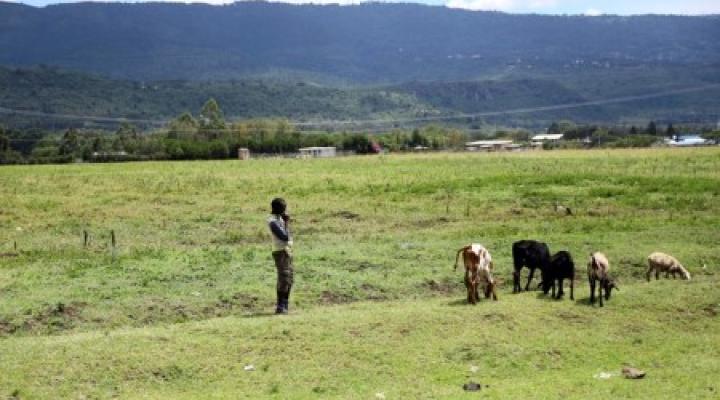Officials of the Kenyan government said on Tuesday that the country will spend $140 million to roll out an expanded insurance scheme for livestock farmers to cushion them against the vagaries of frequent droughts.
Herders numbering about 1.6 million in Djibouti, Ethiopia, Somalia and Kenya, a region which is prone to devastating droughts that occur every two to four years, are targeted in the plan that is part of a World Bank-sponsored project and will be in place over the next half a decade.
“Severe droughts cause more than 15% mortality of livestock,” Kenya’s state department of livestock said during a briefing on the scheme.
Due to the East African nation’s dependence on farming, including rearing of livestock, the department said the loss of the animals usually lead to billions of shillings in losses and a reduction in annual economic output.
Known as DRIVE, the new scheme replaces a previous livestock insurance scheme in Kenya that was called KLIP, which ran between 2015 and 2021, officials said.
Read also: Drought: UN chief calls for int’l support to address humanitarian crisis in Somalia
“In Kenya, over 150,000 pastoralists are expected to benefit from the project,” the government said.
It will build on the previous one by offering herders who buy subsidised policies not just insurance for their animals in case of drought, but digital payments and savings products to boost their financial wellbeing.
The programme will be implemented by Zep-Re Insurance, a regional reinsurer, on behalf of the government, targeting herders in several arid and semi-arid counties that are usually hardest hit by drought.
The insurance component will be funded by $75 million from the World Bank, with the rest going to a second component aimed at helping herders improve their meat products and look for new markets, officials said.
Story was adapted from Reuters.
